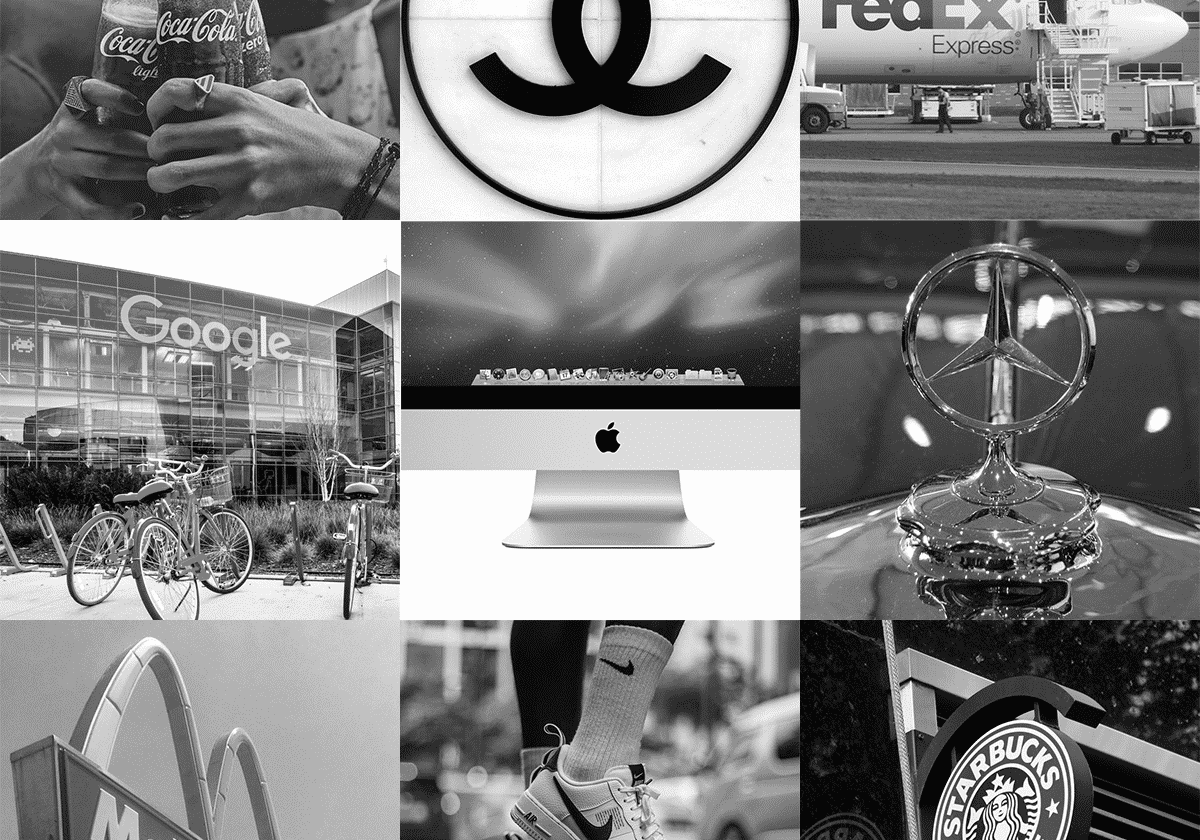Even the biggest brands can make mistakes when bringing their brand to new markets. A company should always carefully research and identify any cultural differences, or language translations, when expanding their business. You want to catch any possible missteps before they happen. Here are some epic fails for a good laugh.
Coca-Cola
When first launched in China, the brand name was translated as “bite the wax tadpole” or “female horse stuffed with wax,” depending on dialect. We’re pretty sure that’s not what Mr. Miyagi was talking about when he said, “Wax on…”
Ford
While marketing the Ford Pinto in Brazil, they discovered “Pinto” means “tiny male genitals.” In Belgium, their slogan “Every Car Has a High-Quality Body” was translated to “Every car has a high-quality corpse.” Redefining the acronym: Found On the Road Dead”!
Pepsi
Their slogan “Pepsi Brings You Back to Life” was translated to “Pepsi brings your ancestors back from the grave,” in China. Not only did it not make any sense, it was considered disrespectful. Clearly, they were able to resuscitate their brand after such an epic mistake.
Mitsubishi
The Mitsubishi Montero was originally called the “Pajero.” “Pajero” means “jerk” in Spanish, and they did not do well in Spanish speaking markets. No bueno.
Vicks
In German, the letter “v” is pronounced as an “f”. When expanding to the German market, their brand name was suddenly German slang for sexual intercourse. We hope Vicks Vaporub didn’t end up in any odd places.
Coors
Their slogan “Turn it Loose” is slang for having diarrhea in Spanish. That’s not exactly what you want, after consuming a beverage. After all, you’re supposed to be able to drink the beer, not the water, right?
KFC
In Beijing, their slogan “Finger-Lickin’ Good” was originally translated to “eat your fingers off.” What!?! Is that why we have chicken fingers?
Pampers
When expanding their advertising to Japan, they used the stork-bringing-babies image that is practically ubiquitous in western countries. However, this had no value to Japanese audiences. As a result, a lot of marketing dollars were wasted on a culturally irrelevant ad campaign.

How Dunkin’ Successfully Rebranded in 2019
The history of Dunkin’ began with a restaurant called “Open Kettle” in Massachusetts, in 1948. Founder William Rosenberg served donuts for five cents and premium cups of coffee for ten cents. Rosenberg renamed his restaurant “Dunkin’ Donuts” in 1950, and franchised his brand in 1955. Since 1950, the number of Dunkin’ restaurants has increased to…

Color Psychology
Color psychology is the study of hues as a determinant of human behavior. Colors can cause certain emotional reactions, and even influence perceptions that are not necessarily conscious. Color psychology is used all around us, taking its cues from nature, and should be considered in marketing and branding. The following are just some common color…

6 Reasons why a Strong Brand is Important for your Small Business
Building a strong brand is a critical component of any successful business. A well-crafted brand strategy not only helps businesses establish recognition and build trust with their customers, but also supports advertising efforts and inspires employees. Furthermore, strong branding can increase a business’s financial value and generate new business opportunities through word-of-mouth referrals. As the…

10 of the Most Recognized Logos in the World
We’ve compiled a list of the world’s most recognized logos. Yes, many of these logos have gone through some tweaks throughout the years, but for fun, we listed the year the first version of their current logo appeared. Some of these companies have even been around longer than their currently recognizable logo! It just goes…

What is the Difference Between Serif and Sans-Serif Typefaces?
You may have heard the terms serif and sans-serif before, but do you know what those terms actually mean? In typography, a serif is a small line, stroke, or other decorative flair regularly attached to the end of a larger stroke in a letter or symbol within a particular font or family of fonts. “Sans”…

Typefaces & Fonts Do More Than Transmit Words
Do the typefaces and fonts you choose for your brand materials matter? As long as it’s in a language the audience understands, they’ll get the intended message, right? Wrong. Typefaces and fonts are essentially the shapes of the letters. Shapes are multi-sensory, meaning they affect more than one of your senses and can easily elicit…

The Best Time of Day to Post on Social Media
When it comes to social media, gauging the right time or times to post is considered crucial to maximize post interactions. At Remixed, we specialize in social media marketing, and have studied the best times to post. But, it is imperative to note the data isn’t necessarily applicable for every type of audience. A few…

How Good Branding Saves Your Company Money
Many businesses make the mistake of throwing money at marketing without thinking enough about their brand, as a whole. Paid media campaigns might garner attention, but they can’t necessarily retain it and convert as many customers without solid branding. A company with a consistent, strong perception amongst audiences will always outperform competitors with the same…

